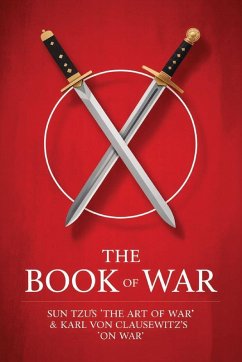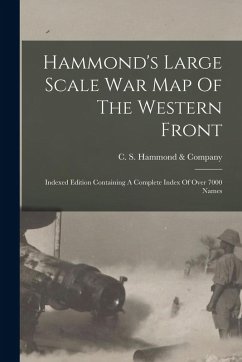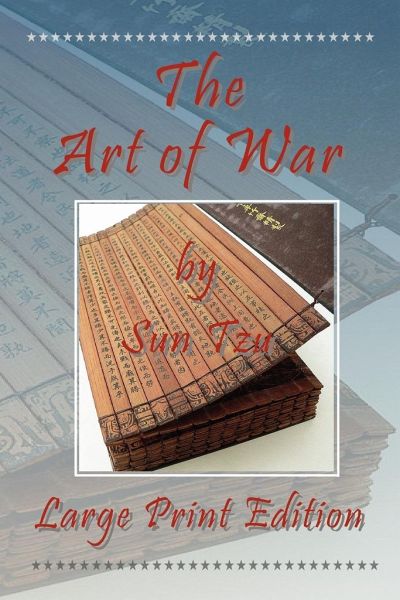
The Art of War - Large Print Edition
Versandkostenfrei!
Versandfertig in 1-2 Wochen
12,99 €
inkl. MwSt.

PAYBACK Punkte
6 °P sammeln!
"The Art of War" was written in the 6th century BCE by a legendary Chinese general named Sun Tzu. As part of the "Seven Military Classics" of ancient China, the teachings of Sun Tzu have influenced both Eastern philosophy and the martial arts. Even today, "The Art of War" is still the most influential book on the subject of military strategy in the world, studied by modern politicians, executives, and military leaders. The book has influenced Napoleon, and even the planning of Operation Desert Storm. Leaders as diverse as Mao Zedong and General Douglas MacArthur claimed to have drawn inspirati...
"The Art of War" was written in the 6th century BCE by a legendary Chinese general named Sun Tzu. As part of the "Seven Military Classics" of ancient China, the teachings of Sun Tzu have influenced both Eastern philosophy and the martial arts. Even today, "The Art of War" is still the most influential book on the subject of military strategy in the world, studied by modern politicians, executives, and military leaders. The book has influenced Napoleon, and even the planning of Operation Desert Storm. Leaders as diverse as Mao Zedong and General Douglas MacArthur claimed to have drawn inspiration from the work.



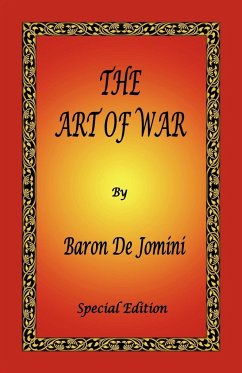

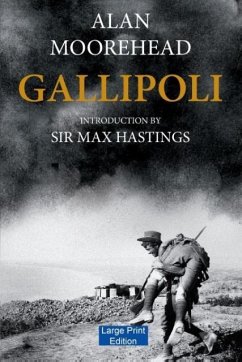


![The Music Maker of Auschwitz IV [16pt Large Print Edition] Cover The Music Maker of Auschwitz IV [16pt Large Print Edition]](https://bilder.buecher.de/produkte/64/64524/64524040n.jpg)
![The Free State of Jones [Standard Large Print 16 Pt Edition] Cover The Free State of Jones [Standard Large Print 16 Pt Edition]](https://bilder.buecher.de/produkte/63/63001/63001746n.jpg)
